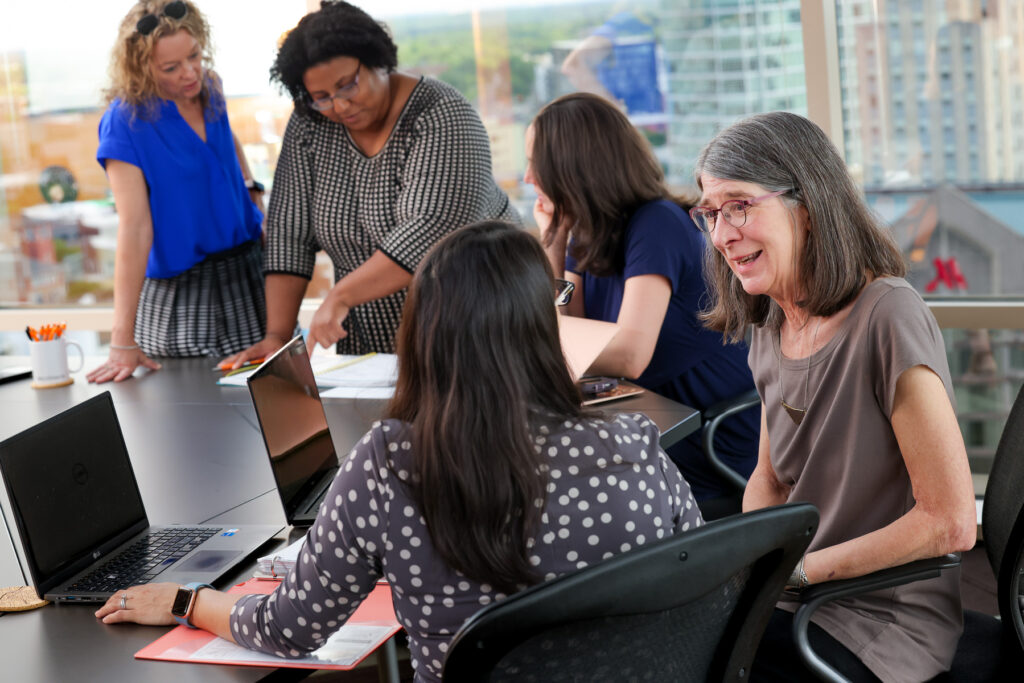Within the past month, I have had the good fortune to participate in a couple of meetings that got my brain buzzing about evaluation capacity-building tools. The first of these was a convening of folks who are part of a project called STEM Evaluation Community that was awarded to Leslie Goodyear and her team at Education Development Center. Their project is designed to look across NSF-funded centers and projects to identify evaluation capacity building supports for STEM evaluators, and I was invited to represent the EvalFest project. About a week later I was meeting with a potential client about leading some capacity- building sessions. We started talking about whether an Eval 101 session would be the right fit for their group, which got me thinking about what I would choose to share. Then the holidays happened, and thinking stopped for a while! Enter January, and here’s where I have landed. The tools below provide a bookend to the evaluation process by focusing on either the planning or reporting stages. None of these resources are mine, but because I have used all of them with success, I recommend them to others. I hope the gradually-expanding KPC video library begins to fill in some of the gaps in-between these resources by focusing on data collection, data management and data analysis.
SMART Goals – we used this sheet to guide early conversations with case studies in our research on embedded assessments for citizen science projects; originally designed by Doran (1981), it is a simple way to make sure program goals are attainable
Evaluation Plan Matrix – Stacie Toal created this for the EvalFest community back in 2015 as a way to begin to sketch out an evaluation plan
Measure Design Template – this one works backward, which I totally recommend, to “start with the end in mind” and then build a measurement plan toward that end (Barr, 2011)
Data Story Process, with Audience Persona and Storyboard Worksheets – Amanda Mukulec, formerly of John Snow, Inc. and now with Excella Consulting, created these for the EvalFest community in 2016; the handout walks you through key ideas related to telling a data story and then the two worksheets help you begin to fill in some of the blanks


